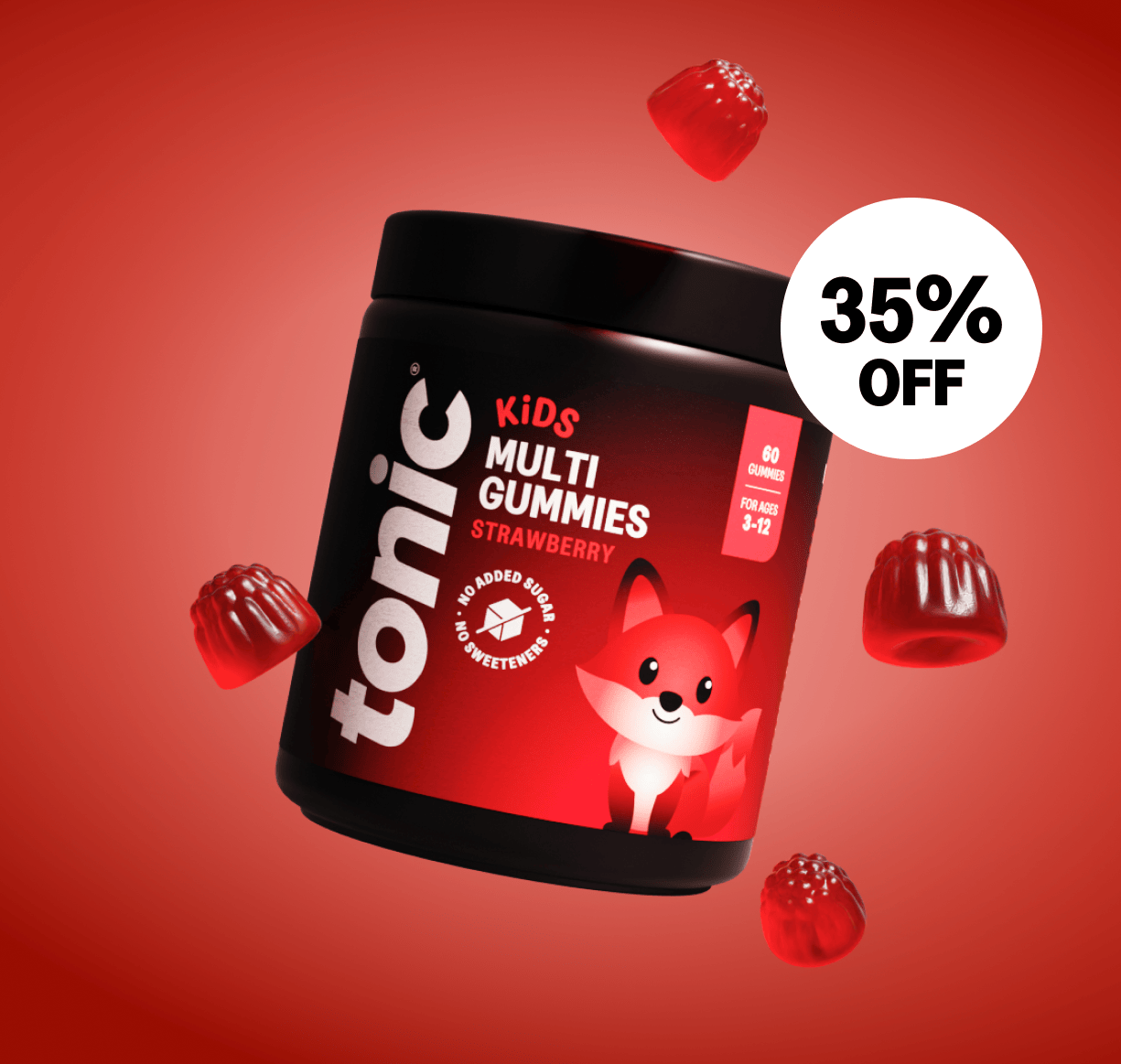Walking around a city like London, you can’t really go more than 5 minutes without stumbling across a food or drink outlet. The improvement in food production and distribution has massively helped overcome food insecurity. When was the last time you were worried about your local shop running out of bread?
But with the increase in food availability means we eat more because let’s be honest, we are all culprits of over eating or eating just because we are bored. The over consumption of food has led to an increase in diseases such as cardiovascular disease, diabetes and cancer which are the leading causes of death in high income countries with global obesity rates having tripled in the last 40 years. And if we take a look at the diet of Western countries like the UK, it mainly consists of animal fats, refined grains and sugar whilst severely lacking in a variety of fruit and vegetables.
Unfortunately, going down the aisle in the supermarket, it’s hard to find a manufactured food or drink product that doesn’t contain sugar of some form. Sugar is an additive that makes food more palatable for the consumer and you’ll find sugar even in foods you wouldn’t expect to. Some prime examples are...
- Low-fat yoghurt- Might be low in fat but not low in sugar! Top tip: buy plain full fat greek yoghurt and top it with a variety of fresh fruits of your choice. 1 pot of low-fat yogurt can have up to 47g of sugar.
- Salad dressing- A lot of people eat salads to be healthy or for weight management but dousing your salad with store bought dressing is simply counteractive due to its high sugar content. Try mixing olive oil, balsamic vinegar and a little bit of mineral salt for a low sugar but delicious alternative.
- Dairy-free milk- There has been a cultural shift with people drinking more plant based milk and less cows milk mainly for health or environmental reasons. But some plant-based milk brands have a higher sugar content than cow’s milk so look out for no added sugar varieties.
- Immunity drinks- We will go into detail about how terrible sugar is for your immune system, so it’s surprising that so many immunity brands put more sugar in their drinks or gummies than vitamins. This is why we don't add any sugar to our drinks and use only natural stevia plant extract for sweetness.
- Protein bars- Marketed as a healthy snack for gym goers and health conscious people, some brands have more sugar in their protein bars than there is a glazed doughnut!
- Sports drinks- Sugar delays the absorption of sugar so why would it be in a sports drink designed for hydration? Beats us! 1 sports drink can have up to 35g of sugar.
If you look at the back of a pack the most common names for sugar include cane sugar, corn syrup, glucose, caramel, maltodextrin and fruit juice concentrates just to name a few. The British Heart foundation has come up with a useful infographic that lists 50 different names sugar has on ingredients labels, so don’t be fooled!
How does sugar impact the immune system?
To fight off infection, your body relies on white blood cells as they are basically the guys that are in charge of killing viruses so you want them around. These white blood cells are also known as killer cells. But eating too much sugar inhibits your white blood cells ability to do what they do best and keep you sickness free for another day. And we always harp on about getting more than 6 hours of sleep or else these amazing natural killer cells drop by a staggering 70%. But even if you’re getting a full 8 hours of beautiful sleep, eating too much sugar will just cancel that out.
A high sugar diet can especially affect people who are diabetitic. Whilst a high sugar diet can lead to type 2 diabetes, it also significantly reduces its response to an infection, more so that non diabetic individuals which was demonstrated in a study. This is unfortunately why having diabetes is associated with having worse symptoms and serious complications of C**** (by now you probably know we can’t say the C-word for censorship reasons). But because our bodies are so powerful, with radical lifestyle changes, type 2 diabetes can be reversed!
A study showed that it only takes 75g of sugar to weaken your immune system. Let's put that into perspective. Picture this, you have a glass of orange juice for breakfast with a granola bowl topped with some low fat strawberry yogurt. The orange juice has around 30 g of sugar, the granola has around 10g per serving and the low fat yogurt has around 25g of sugar. In just one meal, you’ve eaten 87% of the 75g of sugar. And with the list of unexpected sugary foods mentioned before it’s not that hard to go over 75g.
The World Health Organisation says that you should get no more than 10% of your calories from added sugar a day, which is around 6 teaspoons or 30g. Don’t get me wrong, I know it’s hard especially when you have a sweet tooth, but replacing sugar with healthier alternatives such as honey, agave, dates and stevia is a great step in taking care of your body so it can utilise its incredible power. Because the goal is to live a life in full colour, right?







Leave a comment
All comments are moderated before being published.
This site is protected by hCaptcha and the hCaptcha Privacy Policy and Terms of Service apply.